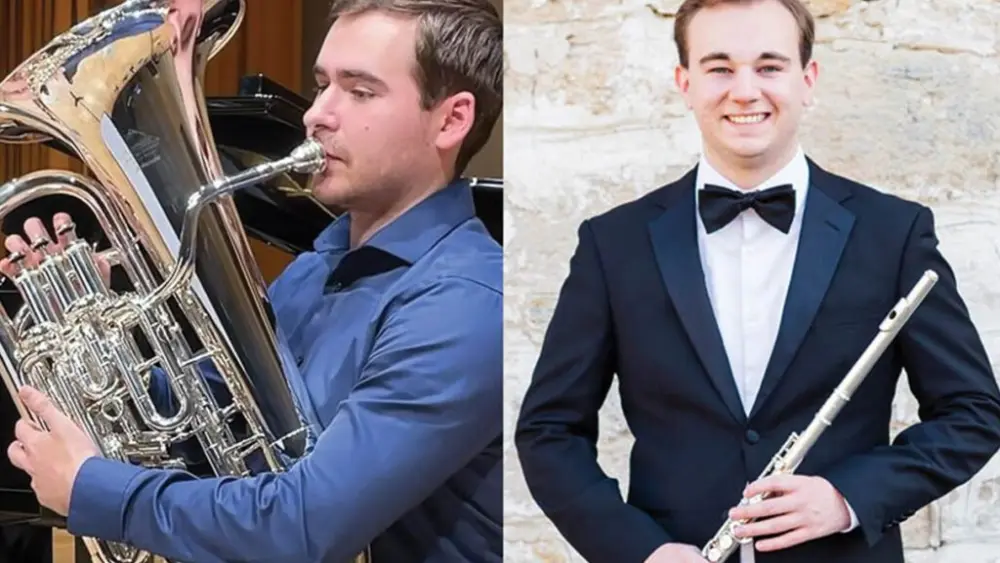PULLMAN – A Washington State University project to enhance recruitment of American Indian and Alaska Native (AI/AN) people into clinical trials has received $250,000 for a one-year pilot study.
Amanda Boyd, PhD, associate professor in the Elson S. Floyd College of Medicine and co-director of the Institute for Research and Education to Advance Community Health (IREACH), will lead the effort with colleagues Denise Dillard, PhD, Juliana Garcia, PhD, and Clemma Muller, PhD. The funding will enable the team to create a culturally relevant recruitment framework specific to enrolling AI/AN people into Alzheimer’s disease and related dementias (ADRD) clinical trials and donating biospecimens.

Organizations such as the National Institute on Aging and the Alzheimer’s Association have called for efforts to increase representation of AI/AN people and other historically underrepresented groups in clinical trials. Underrepresentation in this type of research has far-reaching public health impacts, as clinicians are unable to translate study findings into real-world applications.
However, investigators attempting to meet this need often struggle to achieve their recruitment goals.
“There is little known about Alzheimer’s disease prevalence or risk factors among American Indian and Alaska Native people due to low participation in clinical trials” said Boyd, who is a member of the Métis Nation from the Northern Peace Country of Alberta. “This is in part because a lack of culturally appropriate communication strategies, a history of mistrust of research and researchers, and studies that do not effectively engaging communities.”

The study team’s approach is informed by the priorities of AI/AN communities and the team’s established community partnerships and prior experience. Listening sessions with AI/AN people will provide general advice about how to encourage ADRD clinical trial participation. Participants will be asked how to adapt existing ADRD and clinical studies recruitment material to encourage AI/AN people to participate in a clinical trial. With this input, the study team will develop and evaluate a culturally tailored brochure and professional video that will encourage AI/AN adults nationwide to participate in a wide range of ADRD clinical trials.
“This study builds on numerous IREACH initiatives and programs aimed to increase inclusion, recruitment, and retention of American Indian and Alaska Native people in clinical trials through research and education,” said Boyd. “Through this and other IREACH studies we will gain an understanding of preferred health information sources, and perspectives of well-being and disease, ultimately providing insight into effective health communication with these populations.”
The project is funded by the University of Southern California Clinical Trial Recruitment Lab, a program that supports pilot studies to evaluate innovative ideas that might increase diversity in clinical trial populations. The Lab was co-founded by the Leonard D. Schaeffer Center for Health Policy and Economics and the Alzheimer’s Therapeutic Research Institute with $5.8 million from Gates Ventures and the American Heart Association.




